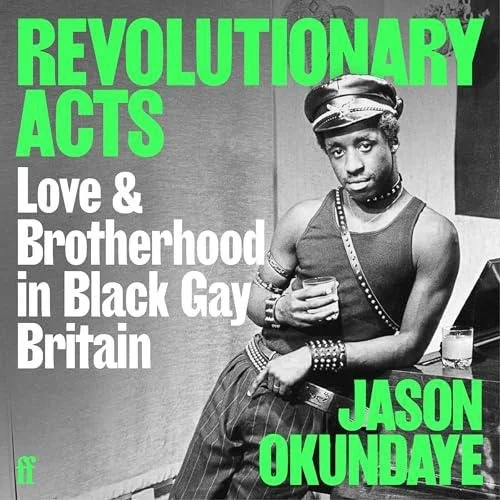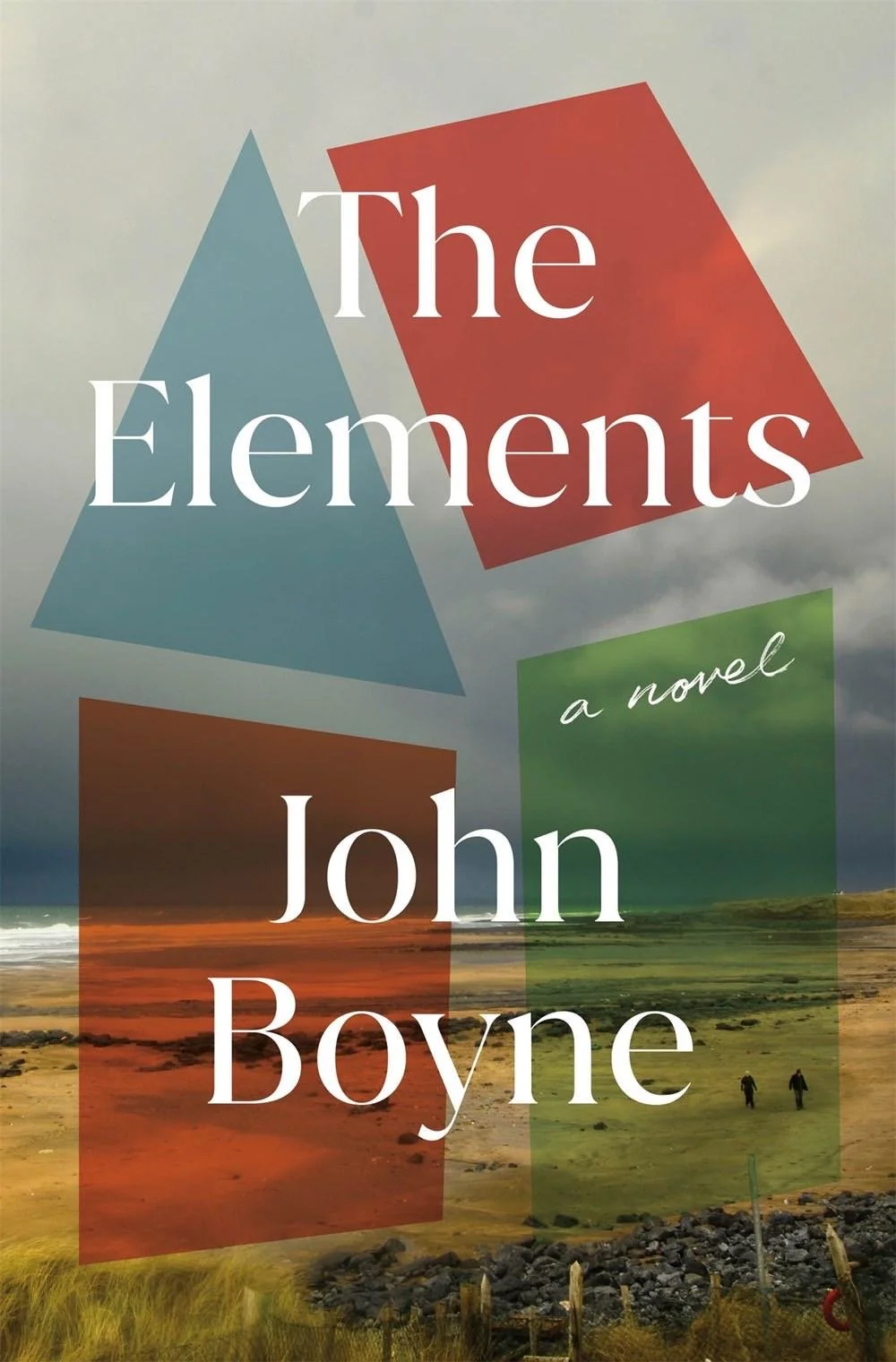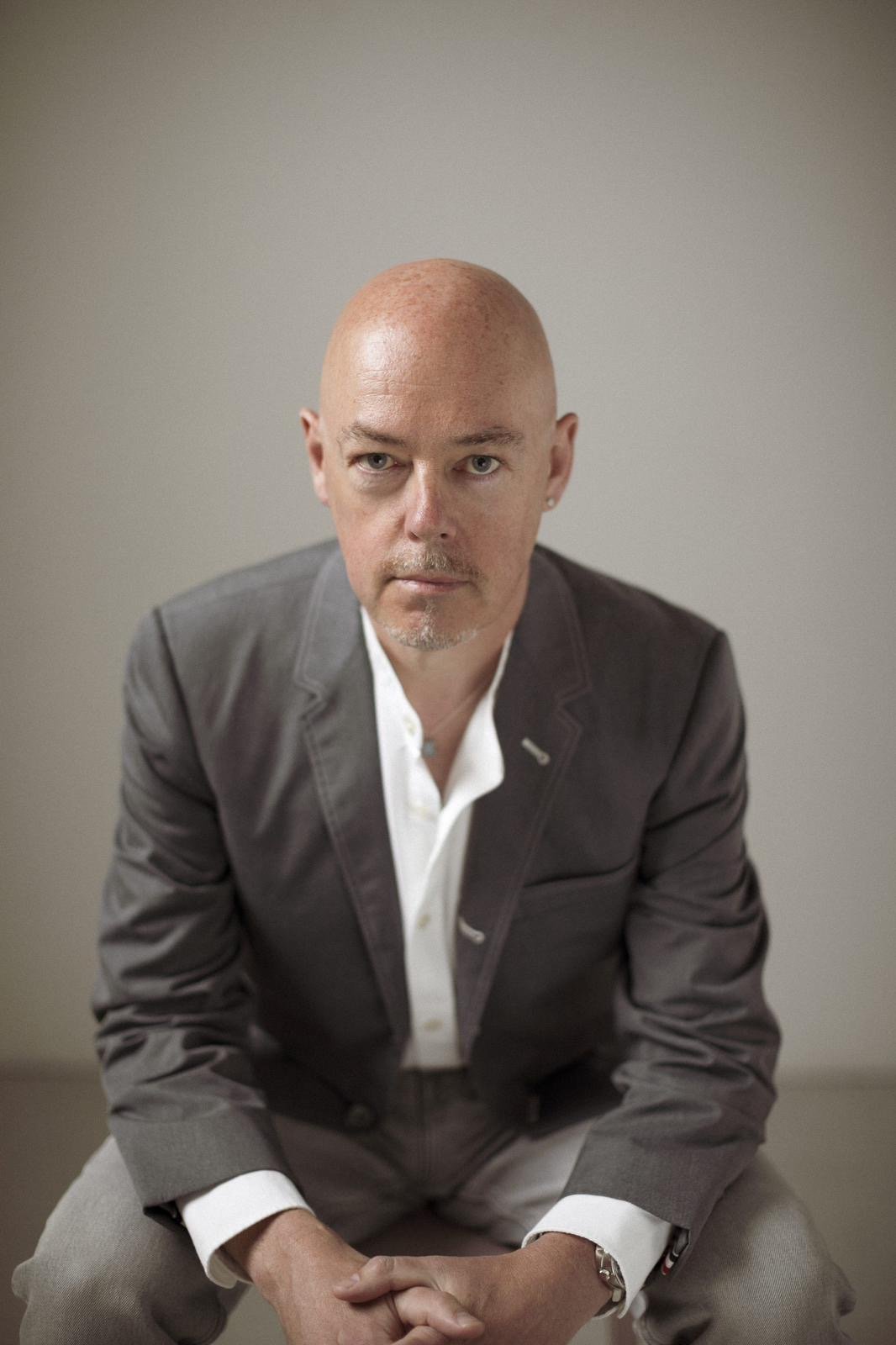The Price of Rejecting Orthodoxy
John Boyne and Modern Censorship
By Seán Atkinson, Vice President & Co-founder of Not All Gays
In recent weeks, both nominees and judges have withdrawn from the Polari Prize, a British literary award that claims to celebrate "LGBTQ" writing. Notably in what might be the least revolutionary act of all, Jason Okundaye, author of ‘Revolutionary Acts’, requested his book be removed from the longlist. The entire situation has an echo of Marie Antoinette’s arrogance, as if to say “Let them opt out of the book prizes”.
Many of these authors see themselves as the James Connollys of trans activism. But unlike Connolly who stood against the tide, they’re applauded by their peers for copy and pasting whatever narrative is most fashionable today. It’s not rebellion, it’s performance. And too often, it resembles a clique of trained seals, clapping on cue for the reward of rotten applause dressed up as progress.
The authors who have withdrawn from the Polari Prize claim it’s because John Boyne is a self-proclaimed “TERF”, a label that ironically applies to anyone who so much as believes that Isla Bryson, a male rapist, should be housed in a men’s prison.
Among the writers who signed an open letter condemning the Polari Prize for including John Boyne was Alice Oseman, the author of ‘Heartstopper’. Oseman identifies as asexual, meaning by her own definition, she lacks sexual attraction, yet she has positioned herself as a moral authority on the beliefs and boundaries of gay men. Despite not being part of the LGB segment of the acronym, she has publicly taken aim at a gay man’s work that deeply explores the realities of growing up closeted and afraid in a hostile society. It’s shameful that someone with no lived experience of same-sex attraction has taken it upon themselves to police the narratives and concerns of those who do.
Boyne’s nominated novel ‘Earth’ follows Evan Keogh, a closeted gay man in conservative Ireland, where homosexuality is met with silence and shame. Pushed into the world of football instead of being allowed to pursue art, Evan is forced to bury his sexuality under layers of denial and performative masculinity. The novel doesn’t offer easy answers, it shows how internalised homophobia can twist a life and in Evan’s case, lead to complicity in harm. Like the other entries in Boyne’s ‘Elements’ series, ‘Earth’ tackles the difficult theme of sexual abuse, showing how the refusal to confront one's truth can lead to the silencing of others.
How such a story could be condemned by someone so far removed from its emotional and cultural reality is not just ironic, it’s symptomatic of a broader trend where the loudest voices in the “LGBTQIA” often drown out the most relevant ones. Oseman’s stance may align with current orthodoxy, but it raises a troubling question.
Why should those who are not even part of the LGB community dictate what gay men are allowed to say about their own lives, histories, and erasure?
The truth is, Boyne has never hidden his views. He’s consistently said that both women and trans-identified individuals deserve dignity, empathy, and safety. In a statement issued on 14th August, after a week or so of McCarthyism and vilification, John reiterated this point with his usual grace, simply pointing out “all human beings should have the same rights, but if the rights of trans women come into conflict with the rights of what you call ‘cis’ women, then the latter must take precedence”. He went further as to say that he will not be withdrawing from the Polari Prize longlist, but should the fledgling debut novelists, who greatly benefit from awards and accolades early in their careers, return to the prize after this wild display of moral superiority and toddler tantrumism, he would ask the judges not to consider his novella for the shortlist. A reasonable and gracious statement, one would think.
Such a reasonable and compassionate stance on human rights, and women’s rights, should not require an artist to ask not to be considered for awards they are deserving of, and yet that is the position this totalitarianism puts artists in. No artist should be brought close to the edge for having a slightly different opinion. And this situation highlights a pattern we’ve seen time and again. No matter how measured your stance, no matter how willing you are to compromise or speak with care, it will never be enough for radical trans activism, which demands only full submission.
If calling for basic respect and understanding for both women and trans-identified individuals is now considered bigotry, then we might as well blame the tide for coming in, or curse the bartender every time the government increases the tax for a pint. Reality may sometimes feel harsh or inconvenient, but it remains reality all the same. Denying it is a personal choice, but neither John Boyne or anyone else is obligated to join in with the illusion.
In 2019, Boyne published ‘My Brother’s Name is Jessica’, a novel that explores the experience of a young boy, Sam, trying to understand his older brother’s transition. The book was written as an attempt to promote compassion and understanding for those who feel different. Boyne even consulted trans-identifying youth during its writing and publicly praised their courage and honesty. Yet for some activists, the audacity of telling such a story from the perspective of a confused sibling rather than centring uncritical affirmation, was deemed unforgivable.
In the end, Boyne’s greatest fault was not hostility, but hesitation, his refusal to speak in slogans, to erase nuance, or to rewrite reality to suit an ideology. And for that, he’s been branded a heretic by a movement that demands no dissent. The beauty of the arts is that they are created from differing viewpoints, however unlikeable they may be to you as a consumer. We cannot allow online bullying to strip the very fabric of the arts, and force it to conform to one set of views, styles or politics, and thus rendering art completely meaningless.





